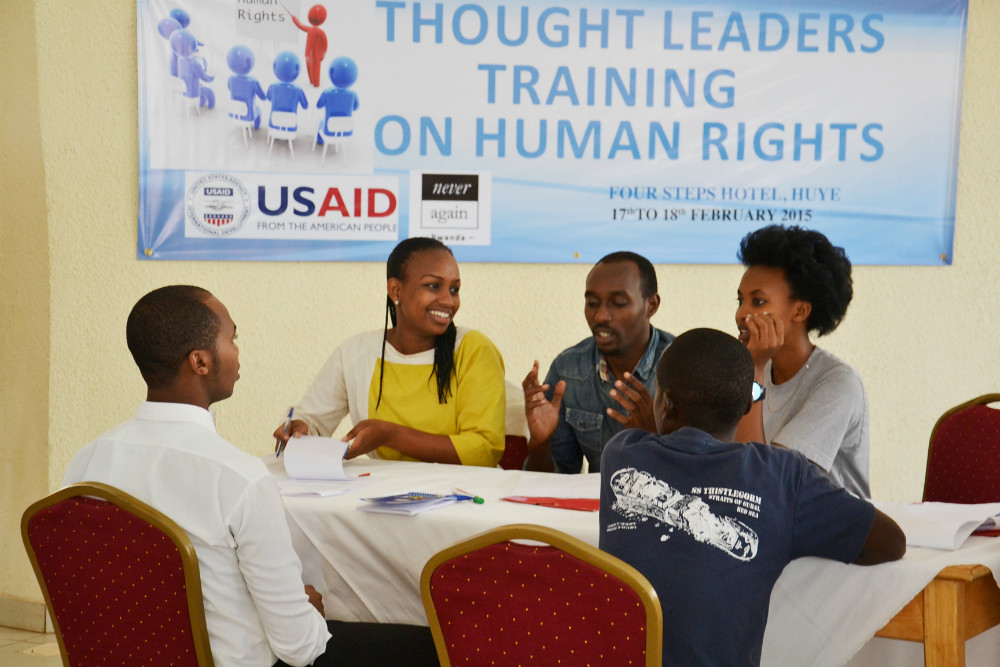
Introduction
In 2019, USAID/Rwanda commissioned YouthPower Learning to conduct a Youth Assessment using a Positive Youth Development (PYD) lens to better understand the status and aspirations of Rwandan youth ages 16-30 in their journey from adolescence to adulthood—a transition that includes starting a productive working life, developing healthy lifestyles, and exercising citizenship.
About the Assessment
To this aim, the youth assessment identified opportunities to optimally support youth and guide the Mission toward a more strategic engagement with Rwandan youth as: a) beneficiaries and participants of sustainable Rwanda-owned development solutions that can be brought to scale over time and, b) key actors, empowered to identify and prioritize challenges to the lack of livelihoods and propose innovative solutions. Results of this youth assessment will inform USAID/Rwanda’s design of an integrated activity that is likely to lead to improved development outcomes, such as increased employment, financial inclusion, increased incomes, civic engagement, and better health and education for the youth population.
Key Findings:
- The top three priority areas that youth identified as key issues to achieving their goals and promise of their future were livelihoods development, education and skills for work-readiness, and reproductive autonomy and health.
- The key pathways that youth identified that would help them address these priority areas included access to youth-friendly financial services, skills development that meets the demands of the labor market, and creation of opportunities to find viable livelihood options in agriculture.
- Youth also advocate for the creation or expansion of confidential youth-friendly safe spaces and places to support their health needs, including reproductive health, mental health, sanitation, and nutrition.
- While there are opportunities for many youth to engage in community efforts, there is a desire for more youth-led activities and initiatives, with adults in supportive or facilitative roles.
- Youth that are most vulnerable are those that had access to fewer assets.
There is strong government support for youth and public support for creating youth economic opportunity. The Rwanda system for Technical, Vocational Education and Training (TVET) offers valued programs with an opportunity for continued improvement. Youth-friendly centers are creating welcoming, trusted sources of service delivery; these offer great potential to reach youth for health, education, civic engagement, and employment outcomes. There is a strong ethos and practice of community minded work in Rwanda that integrates young people into the existing structures.
